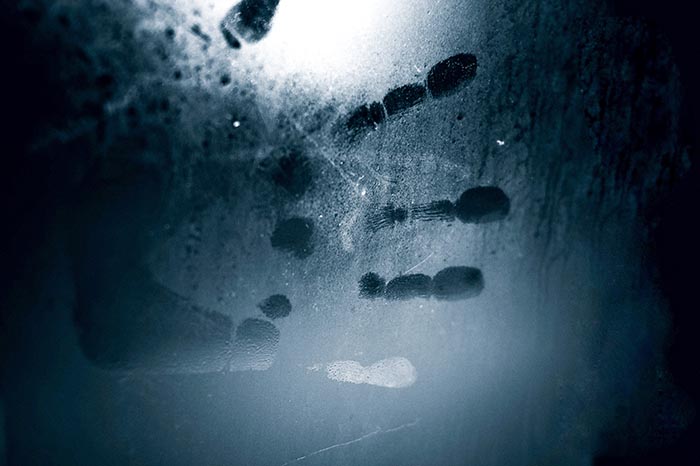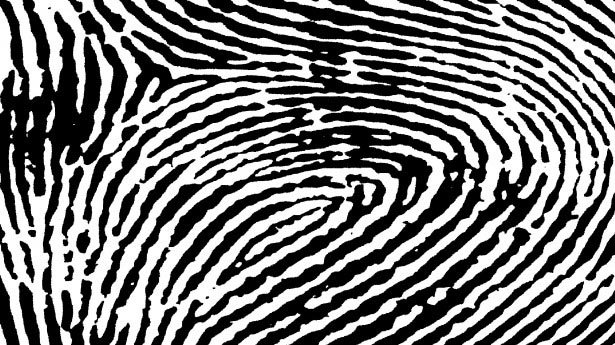How Long Do Fingerprints Last After You Die?
One of the tell-tale ways of identifying a body, fingerprints can still be of aid, even after you’re dead.
By Jessie Schiewe
Fingerprints are one of the most resilient features of the human body. (Photo: Pexels)
When Haans Galassi lost four of his fingers in a wakeboarding accident on Priest Lake in northern Idaho, he joked that his severed digits were now “fish food.”
It turned out he was right.
Three months after the incident, one of the 31-year-old’s fingers was found in the belly of a trout caught by fisherman eight miles from where the accident had taken place, BBC reports. Even though it had been slowly decaying in the water for weeks, police were able to fingerprint the lone digit, which led them back to Galassi.
So, how long can fingerprints last?
It turns out that fingerprints are one of the more hardy features of the human body. They’re one of the last things to disappear on a corpse, and, as the case of Galassi’s missing finger proved, they don’t dissolve quickly in water either. (Granted, that depends partly on the water’s temperature with colder waters leading to longer longevity.)
Because they’re unique to each person, more than a few criminals have tried throughout history to artificially change their fingerprints. Some have obscured their tips by burning them with fire or acid. Others have sliced their patterns off to change their shape. Applying glue or nail polish as a skin-smoothing mechanism is also a tactic people have used.
But completely obliterating your fingerprints is hard to do. Either the ridges in the skin grow back or investigators can use other parts of your body to determine your identity.
That’s right; you don’t just have prints on your fingers, but on your toes, palms, and the soles of your feet, too. And even chopping off your fingertips comes with risks. If you don’t cut it below the nail bed, studies have shown your amputated digit can heal itself and reform with time.
Marks left by fingerprints on surfaces are also remarkably durable. Though there’s no consensus on just how long a print can last, researchers have reported finding ones that are centuries old.
One of the oldest known fingerprints to date was discovered in 2004 on a ceramic Venus figurine from eastern Europe. Scientists were able to identify a print that they believed to be more than 25,000 years old.
The rest of Galassi’s story
When police found his missing finger, they asked Galassi if he wanted it back. Reattachment surgery was obviously out of the question because the severed digit was contaminated and had tissue damage, but they figured he might want it as a memento.
Galassi did not. By that time, he’d already done a ton of physical therapy and regained some of the functionality in his hand.
“I don’t need it back,” he told BBC. “It’s worthless to me.”









